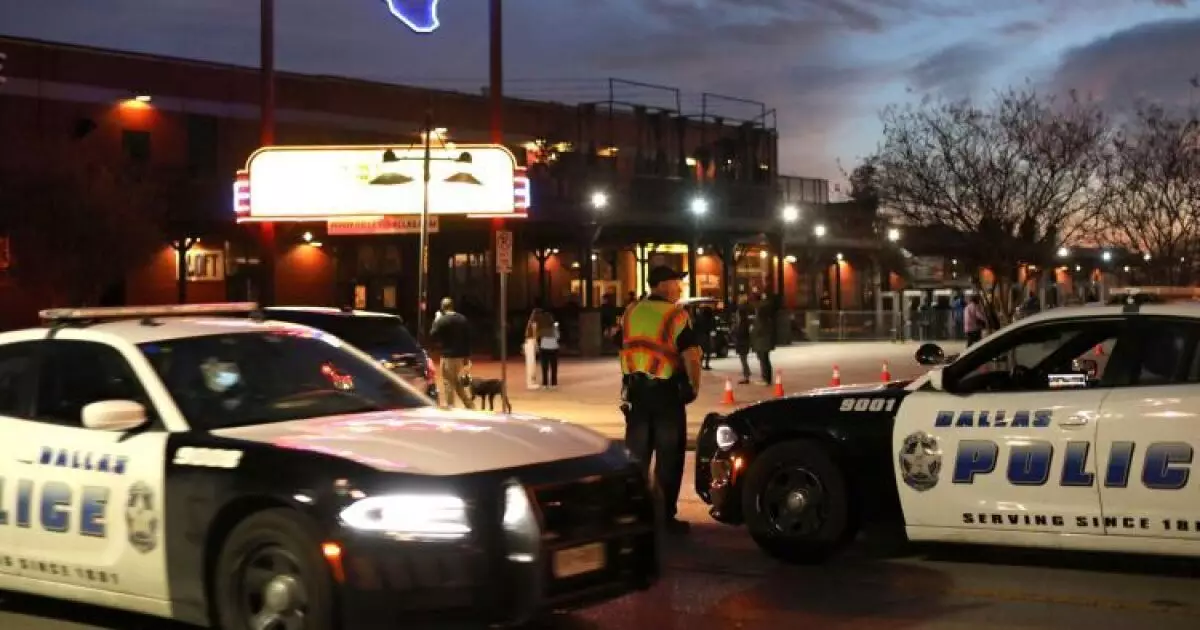Dallas’s recent approval of a $5.2 billion budget marks a bold attempt to placate public safety advocates and respond to voter mandates. On the surface, the increase in police and fire funding appears commendable—an evident effort to bolster security amid rising concerns. Yet, a deeper dive reveals that this spending spree, while politically popular, rests on shaky financial ground and questionable adherence to previously set commitments. It’s a classic case of political theatrics masking fiscal realities, and overly optimistic projections risking long-term instability.
The city’s plan to hire 350 police recruits and push police headcount to a peak since 2016 reflects a prioritization of law enforcement. However, the ambitious growth in police numbers is promising only if it aligns with sustainable funding and strategic planning. Merely increasing the police workforce without a clear financial sustainable plan is akin to pouring more gasoline onto a smoldering fire—short-term relief at the expense of long-term fiscal health. There’s an inherent danger in advocating for increased police strength when the city’s revenue streams are constrained and already under legal restrictions.
The Legal and Fiscal Contradictions of Proposition U
Crucially, the budget appears to sideline Proposition U—a voter-approved mandate designed to protect public safety funding through a share of revenue growth. This initiative, approved narrowly by voters, seeks to ensure that rising revenues are primarily funneled into police pensions and officer compensation. Nonetheless, critics point out that Dallas’s administration is sidestepping these legal requirements, underestimating or dismissing the measure’s mandates under the guise of legal technicalities.
While the city claims that revenue growth is limited—amounting to only $30.8 million—this directly contradicts the spirit of Proposition U, which intended to dedicate a fair share of revenue increases to core public safety needs. The reality reveals that most of Dallas’s revenue, including restricted funds, remains off-limits for allocation under the measure, leaving little room for meaningful pension or salary enhancements. This manipulation not only undermines voters’ trust but also sets a dangerous precedent for how city officials handle legally binding mandates.
Furthermore, the city’s commitment to funding its public safety pension system continues to strain its fiscal capacity. The $225.7 million contribution for pensions—an increase from last year—is a necessary but insufficient measure to address the systemic liabilities. The upward trend signals a recognition of ongoing shortfalls, yet without structural reform or increased revenue, the financial burden will only grow, threatening other essential services or leading to increased borrowing.
Moody’s Warning: A Foreboding Indicator of Future Instability
The rating outlook from Moody’s paints a bleak picture. Their downgrade to a negative outlook reflects concerns that the city’s current spending trajectory hampers its fiscal flexibility. By committing to increased police staffing and pension contributions, Dallas is effectively tying its hands—future budgets might have to absorb unexpected costs or revenue shortfalls, raising the specter of credit rating downgrades.
Such ratings matter profoundly; they influence borrowing costs and investor confidence. When Moody’s emphasizes that the city’s capacity to manage rising liabilities remains fragile, it signals that Dallas’s political commitments could lead to broader economic consequences. The city’s plan to issue another $250 million in bonds further complicates the picture—debt, even when rated AA or AA minus, carries an obligation to be repaid, often with interest that compresses budgets elsewhere.
This financial strategy appears optimistic at best, considering the revenue restrictions and legal challenges faced. It’s reminiscent of a house of cards, built on promises of increased revenues that may not materialize as expected and on legal frameworks that can be easily challenged. If Detroit or Chicago’s fiscal failures serve as cautionary tales, Dallas risks walking the same perilous path by overpromising and underdelivering.
Dallas’s budget demonstrates a compelling political narrative—of prioritizing law and order while making bold fiscal commitments. Yet, beneath this veneer lies a fragile balancing act, threatened by legal constraints, revenue shortfalls, and overly optimistic projections. The city’s approach, which seems to underestimate the complexity of funding its promises, could lead to increased liabilities, credit downgrades, and a eroded capacity to respond resiliently to future crises.
In the end, the pursuit of public safety should be pragmatic, not populist. Overextending financially to fulfill political vows creates a dangerous illusion of security—one that risks long-term instability. Dallas’s leadership must confront the uncomfortable truth: sustainable growth and responsible fiscal management are the real foundations of a safe, resilient city. Anything less is a gamble that future generations will pay the price for.


Leave a Reply